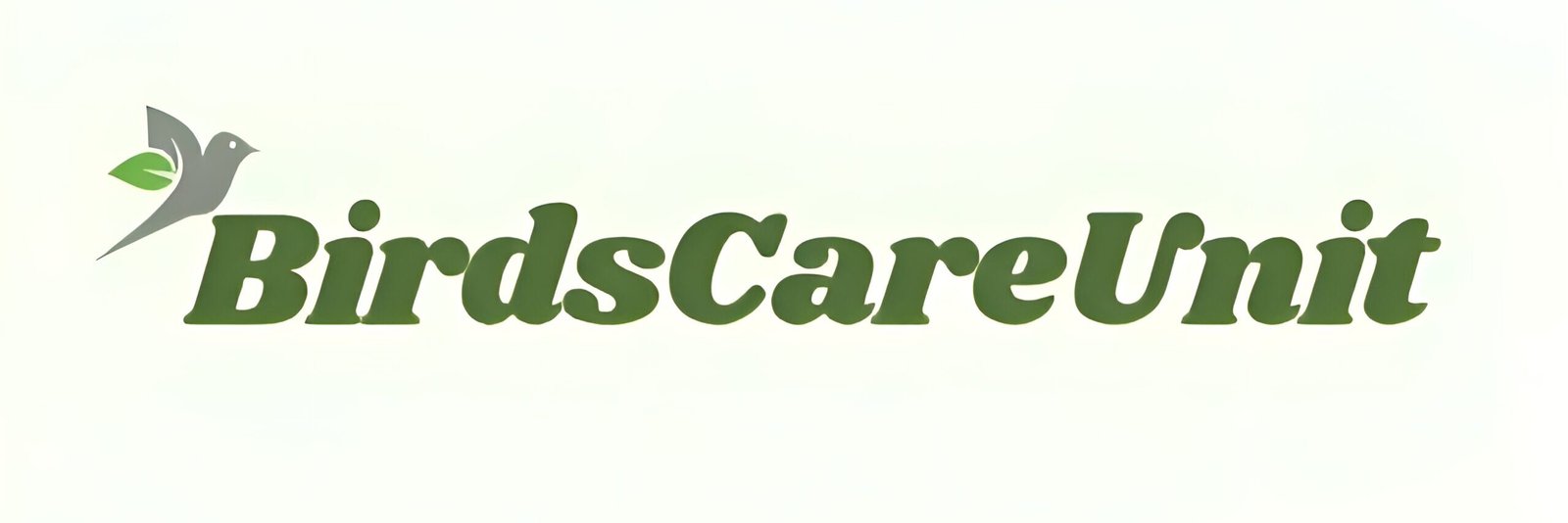How to Prevent Bugs and Parasites from Cockatiel Birds Seeds

Introduction
Breeding cockatiels is relatively straightforward if you are familiar with the process. Cockatiels are less prone to diseases compared to many other bird species, so with over a year of experience, you likely have a good understanding of their needs and behaviors. While not every process may be perfected, you should be capable of handling most of the necessary tasks.
In this blog, I’ll share my extensive experience in breeding cockatiels. Cockatiels, with their charming personalities and melodious calls, bring joy and companionship to many bird lovers. However, their well-being heavily depends on proper nutrition. While bird seeds are a core part of their diet, improper storage can lead to infestations of bugs and parasites, which can be harmful to their health. This comprehensive guide will offer detailed advice on preventing these unwanted pests from contaminating your cockatiel’s bird seeds, ensuring a healthy and happy pet.
High-Quality Seeds
Importance of Seed Quality
Choosing high-quality bird seeds is the first step in preventing infestations. Quality seeds are less likely to be contaminated with bugs and parasites. Reputable brands take measures to ensure their products are clean and safe for your bird.
How to Identify Quality Seeds
– Brand Reputation: Purchase seeds from well-known, reputable brands.
– Packaging: Look for well-sealed, intact packaging without any holes or tears.
– Appearance: High-quality seeds should look fresh and be free from dust or debris.
Types of Seeds for Cockatiels
– Millet: A favorite among cockatiels, providing energy.
– Safflower Seeds: High in fat, beneficial in moderation.
– Sunflower Seeds: Also high in fat, should be given sparingly.
– Canary Seeds: A staple in many bird seed mixes, providing essential nutrients.
2. Store Seeds Properly
Airtight Containers
Proper storage is crucial to keeping seeds free from pests.
– Airtight Containers: Use airtight containers to prevent moisture and air from entering, which creates an inhospitable environment for bugs and parasites.
– Material: Glass, metal, or high-quality plastic containers are ideal.
Storage Environment
– Cool and Dry Places: Store the containers in a cool, dry place away from direct sunlight. Moisture can attract pests and lead to mold growth.
– Avoid Humid Areas: Basements and bathrooms are generally not ideal for storing seeds due to higher humidity levels.
Storage Tips
– Use Label: Label containers with the purchase date to keep track of freshness.
– First In, First Out: Rotate your stock to use older seeds first, preventing prolonged storage.
3. Regularly Inspect Seeds
signs of Infestation
Regular inspection of bird seeds is essential to catch any early signs of infestation.
– Visual Inspection: Look for small holes in the seeds, webbing, or tiny bugs.
– Odor: A foul or musty smell can indicate mold or bacterial contamination.
Handling Contaminated Seeds
– Immediate Disposal: Discard any contaminated seeds to prevent spreading.
– Clean Storage Area: Clean the storage containers and area thoroughly before replacing with new seeds.
4. Clean Feeding Area
Importance of Cleanliness
A clean feeding area prevents pests from being attracted to leftover food.
– Daily Cleaning: Clean food dishes and surrounding surfaces daily.
– Spill Management: Use bird feeder trays or mats to catch spilled seeds, making cleanup easier and preventing pests.
Cleaning Tips
– Disinfection: Regularly disinfect feeding dishes with a bird-safe cleaner.
– Drying: Ensure all dishes and surfaces are thoroughly dried before adding new food to prevent mold growth.
5. Rotate Seeds
Why Rotation Matters
Regularly rotating seeds ensures they are used while still fresh, reducing the chance of attracting pests.
– Frequency: Rotate seeds every few weeks to ensure no old seeds remain.
– Storage Amount: Avoid storing more seeds than you can use in a reasonable timeframe.
6. Freeze Seeds
Freezing as a Preventative Measure
Freezing bird seeds can kill any existing bugs or eggs, preventing future infestations.
– Duration: Freeze seeds for at least 48 hours.
– Storage Post-Freezing: Allow seeds to come to room temperature before serving to your cockatiel to prevent any digestive issues.
Freezing Tips
-Batch Freezing: Freeze seeds in smaller batches to make it easier to manage.
– Double Bagging: Use double bags to prevent freezer burn and contamination from other foods.
7. Monitor Bird’s Health
Signs of Health Issues
Keeping an eye on your cockatiel’s health can help you catch problems early.
– Behavioral Changes: Look for decreased appetite, lethargy, or abnormal droppings.
– Physical Signs: Check for signs of feather plucking, changes in vocalization, or weight loss.
Regular Vet Visits
– Routine Check-ups: Schedule regular veterinary check-ups to monitor your bird’s health and catch any issues early.
– Immediate Attention: Seek immediate veterinary care if you notice any signs of illness.
Additional Measures for Pest Prevention
Environmental Control
– Pest Control: Use bird-safe pest control measures in your home to reduce the risk of infestations.
– Natural Repellents: Consider using natural repellents like diatomaceous earth around storage areas, which can deter pests without harming your bird.
Hygiene Practices
– Personal Hygiene: Always wash your hands before handling bird food to prevent contamination.
– Clothing: Change clothes if you have been in areas where you could have picked up pests.
Food Preparation
– Seed Blends: Consider mixing seeds with pellets or other foods that are less prone to infestations.
– Supplementary Foods: Introduce fresh fruits and vegetables to your cockatiel’s diet to reduce reliance on seeds.
Conclusion
By following these comprehensive preventative measures, you can ensure that your cockatiel’s bird seeds remain free from bugs and parasites, promoting a healthy and happy pet. Prioritize high-quality seeds, proper storage, and regular inspection to safeguard your feathered friend’s well-being. With diligence and care, you can enjoy the companionship of your cockatiel for years to come. Regular monitoring of your cockatiel’s health and maintaining a clean, safe feeding environment will help prevent infestations and ensure a long, joyful life for your bird.


